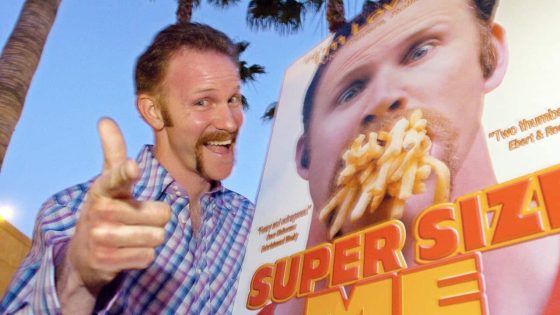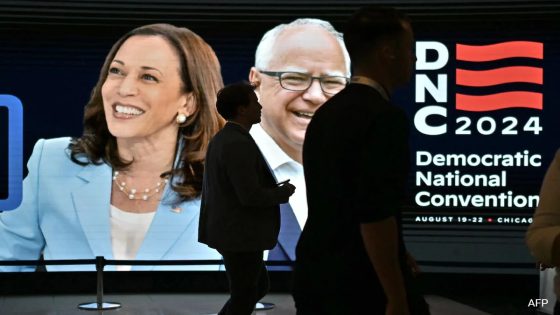Florida Gov. Ron DeSantis may have just crossed a formidable new constituent.
The former presidential hopeful this week signed legislation banning the sale of lab-grown meat in the state of Florida, saying the Sunshine State wants to stop the World Economic Forum’s goal of “forcing the world to eat lab-grown meat and insects.” The WEF in 2021 said bugs might be a way to help the global population feed itself more sustainably and that insect breeding could be helped by AI, which fueled online conspiracy theories.
The move is unusual, given that lab-grown meat isn’t available for sale in the U.S. However, Florida ranks 13th in the U.S. in overall cattle numbers with a total herd size of 886,000 among 15,000 beef producers with total sales of $546 million, according to the Florida Beef Council. Yet the move could be a shot across the bow, as Florida has become a haven for billionaires who often fund and launch food innovations meant to remediate the effects of climate change. One of those is new snowbird Jeff Bezos. Bezos Earth Fund vice chair Lauren Sánchez, Bezos’s fiancée, in March announced a $60 million initial investment into sustainable protein including plant-based, fermented, and cultivated meats. The investment is part of a $1 billion commitment to expanding food production. “We need to feed 10 billion people with healthy, sustainable food throughout this century while protecting our planet. We can do it, and it will require a ton of innovation,” said Sánchez in a statement.
Lab-grown or cultivated meat is different from an Impossible burger and others of its ilk. It’s made by taking meat from animals and replicating the cell structures scientifically, eradicating the need to farm animals. The nonprofit Good Food Institute reports that the cultivated meat industry has grown to include more than 150 companies backed by $2.6 billion in investments with Bezos among those funding the sector.
The Amazon founder announced in November 2023 that he would leave Seattle for Miami, a move that likely saved him more than $140 million thanks to the state’s tax code. He purchased a third mansion in the state this month, a $90 million property on Indian Creek Island, an area of South Florida known as the Billionaire Bunker. He joins Ken Griffin of Citadel and tech giants Amazon, Apple, and Microsoft, which have all taken on more office space in Florida. Miami Dolphins owner and real estate developer Stephen Ross, another billionaire, is deeply involved in making South Florida more like Manhattan. Ross hosted an event last month, which DeSantis attended, to fundraise for a Florida-based campus of Nashville’s Vanderbilt University.
Yet, this week DeSantis declared that Florida was “fighting back against the global elite’s plan to force the world to eat meat grown in a petri dish or bugs to achieve their authoritarian goals.”
Why is this viral when lab-grown meat isn’t for sale?
News of the ban spread like wildfire after an X user posted a photo of DeSantis last year during a campaign visit to a meat facility in southern Iowa. The facility is owned and operated by farmer, rancher, and reality star Steven McBee of The McBee Dynasty. McBee’s partner, Calah Jackson, stands in the back of the photo, and drew rapt attention online. “It’s the worst picture of me,” Jackson told Fortune, clarifying that she was ill that day and not bored or disgusted. “I think I was just waiting for Steven to get done talking so I could go home.”
After being alerted about the photo, she reposted it and received some 40 million views across her social media platforms. McBee suggested that the photo appeared alongside the news because it was “the only photo of DeSantis and meat of any form.” DeSantis appears in the picture in front of a table with the ranch’s raw beef. It also sells shelf-stable air-dried beef for “fitness freaks” like McBee and Jackson, he said. DeSantis visited the facility after his team contacted the farm to ask if he could stop in to visit the small business.
Ironically, McBee is supportive of innovations in lab-grown meat, adding that while he’s a farmer and rancher, he’s also focused on regenerative agriculture.
“Obviously, I’m in the agriculture industry, and I love small farms and ranches,” he told Fortune. “But if lab-grown meat gets rid of factory farms where animals are born and raised under a roof and never see sunshine and never see grass—that’s not a bad thing, in my opinion.”
This story was originally featured on Fortune.com
Source Agencies


